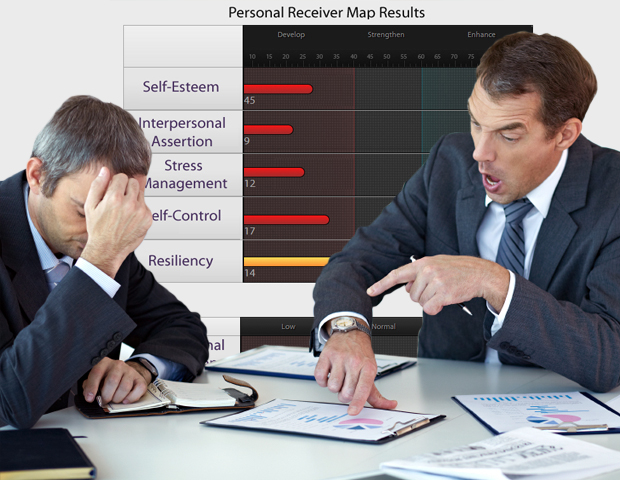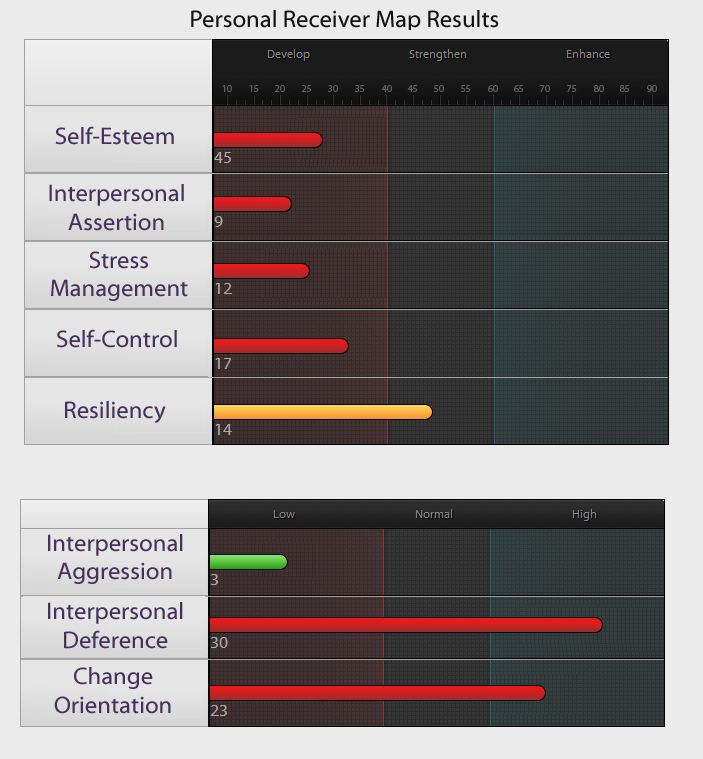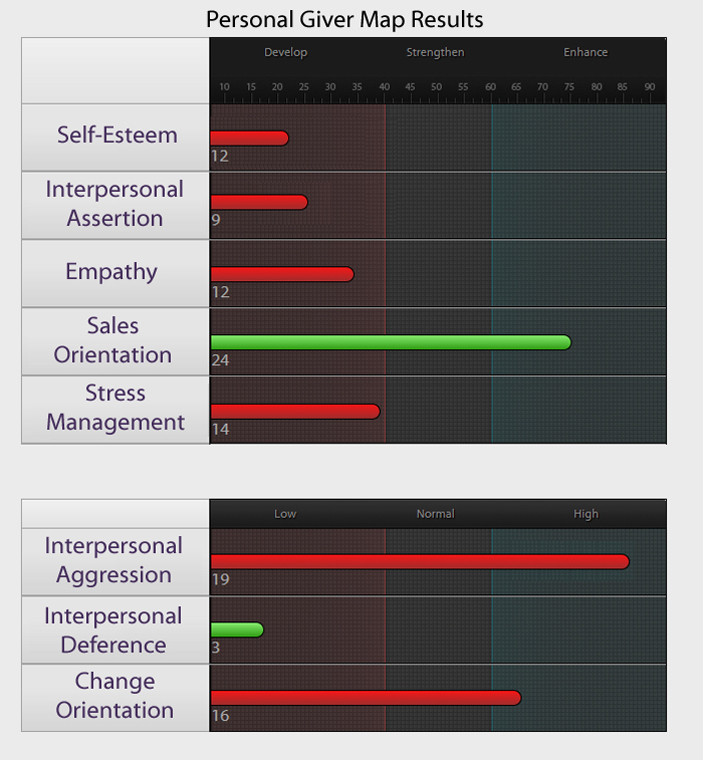
We all have experienced it. From the rude cashier to road rage to the incredible nastiness posted online, this non-stop hostility has at its core deep unmet psychological needs. It’s not that one starts out each day saying, “How many people can I be nasty to today?” It just happens as the day progresses.
Understanding Our Needs
The best way to get a handle on what are the root causes of our uncivilized behavior is to take a closer look at the unmet needs that are fueling this epidemic in American society. It all starts with a preconceived idea of our self-worth. How we think about ourselves is called self-esteem. When Self-esteem is low, it usually results in a need to protect oneself and leads to aggressive acts. Self-esteem is an elusive thing. Sometimes we have more than enough to carry us through the day, and then, BOOM—the next day we feel grossly inadequate. What happened?
Stress Is the Trigger
Stress is the culprit. When stress is left unchecked, it will lower your self-esteem. When you are under stress for a long period of time, not only is self-esteem affected, but also your health. Research has documented for years the connection between many modern-day ailments such as high blood pressure, heart disease, and even cancer.
Awareness is the Key
The first step to fixing a problem is to become aware of the problem. Without awareness of a problem, the problem cannot be fixed. The best way to become aware is to take an assessment to give you a baseline from which to work. After all, you cannot reach a goal until you know what the goal is.
Civility Awareness and the Needs of a Bully
We at The Conover Company are proud to announce our newest research-based assessment and intervention system focused on civility training—The Bullying Prevention Series. The bullying process ties directly into the lack of civility we are now experiencing in our daily lives. An uncivilized act takes two participants—a Giver and a Receiver. This is also true of the bullying process. It needs at least two participants—the Giver (or bully) and the Receiver (or target). Both participants possess different psychological needs that are met in the bullying process. The typical bullying cycle must include the act of aggression (Interpersonal Aggression) on the part of the Giver and sign of submission (Interpersonal Deference) on the part of the Receiver. When these two essential factors are present, the bullying cycle proceeds to feed upon itself over time.
Bullying Prevention Series and Civility Training System
We at The Conover Company are proud to introduce our new research-based bullying prevention assessment and intervention system known as The Bullying Prevention Series. The series uses the following procedure:
Assessment – Intervention – Post-assessment
The assessment will drive the intervention process. There are two tracks in The Bullying Prevention Series: The Giver (bully) and The Receiver (target). The series is an attempt to identify the underlying needs of either the Giver or the Receiver, and to provide intervention to help meet those needs outside of the bullying cycle.
The Personal Giver Map
This unique assessment and intervention system focuses on core personal effectiveness skills needed to avoid becoming a Giver in the bullying process.
- Interpersonal Assertion—This is the desired trait. It addresses how to effectively use direct, honest and appropriate expression of thoughts, feelings and behaviors in dealing with others.
- Self-Esteem—This is a critical skill for the Giver. Self-esteem is a perceived level of personal worth. Givers may use bullying as a way of boosting self-esteem by demeaning others.
- Empathy—Empathy covers how to sense, understand and accept another person’s thoughts, feelings and behaviors. A lack of empathy allows Givers to avoid feeling the negative effects of their behavior.
- Stress Management—Stress management is the ability to manage stress and worry. Stress is the trigger for aggressive, abusive behavior.
- Sales Orientation/Leadership—This area covers the basics of how to positively impact and influence the actions of other people. The key word in this definition of leadership is positively. Most Givers possess strong leadership skills, however they use these skills in a negative, rather than a positive, manner.
The Personal Receiver Map
This program consists of an assessment and skill intervention system that focuses on the core personal effectiveness skills needed to avoid becoming the Receiver in the bullying process.

- Interpersonal Assertion—This is the desired trait. It addresses how to effectively use direct, honest and appropriate expression of thoughts, feelings and behaviors in dealing with others.
- Self-Esteem—This is a critical skill for the Receiver as well as the Giver. Self-esteem is a perceived level of personal worth. Low levels of self-esteem correlate highly with Interpersonal Deference. High levels of self-esteem correlate with the desired skill of Interpersonal Assertion.
- Stress Management—Stress management is the ability to manage stress and worry. When stress is unmanaged, Receivers, who tend to be passive or deferring, will turn to aggression and anger.
- Self-Control—This is the ability to handle personal feelings and emotions in difficult life situations. Self-control is a key skill for the Receiver to learn and use because self-control takes away the reward that the Giver is seeking in a bullying situation.
- Resiliency—This includes the ability to proactively work through processes and activities and cause bottom-line results to happen. Resiliency enables an individual to recover from previous abusive situations and to help prevent future negative encounters.
Problematic Behaviors
Notice in both maps the bottom three scales. These scales address key issues related to the bullying process. For the Giver, Interpersonal Aggression, or anger, is a key component. For the Receiver, it is Interpersonal Deference, or fear. The last scale is Change Orientation. Change orientation is the degree of openness to making changes and learning new skill in one’s life.


